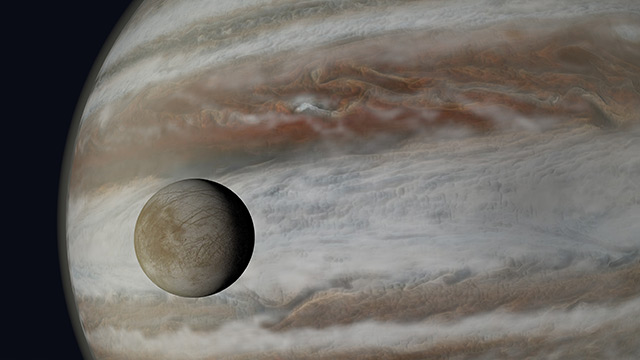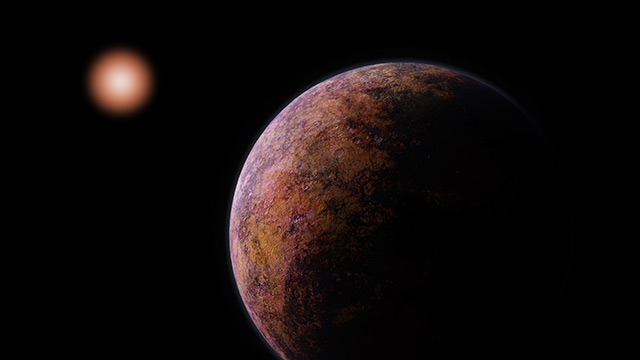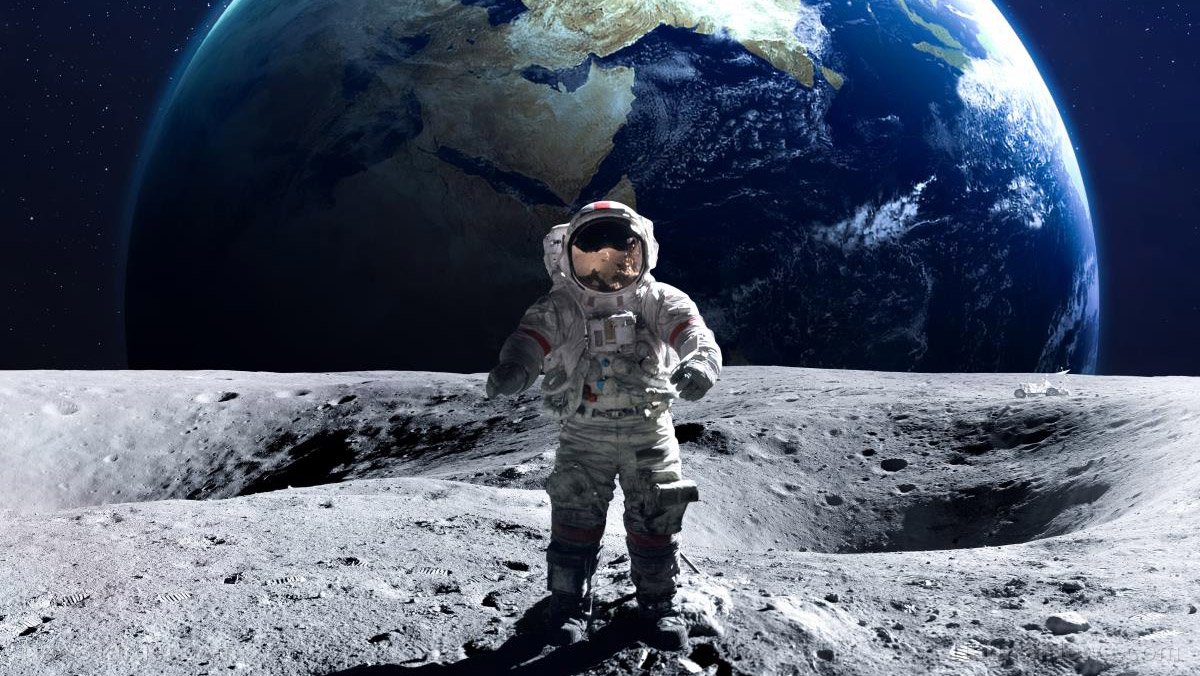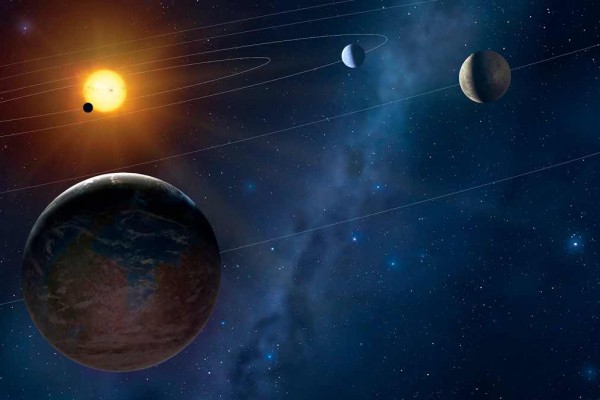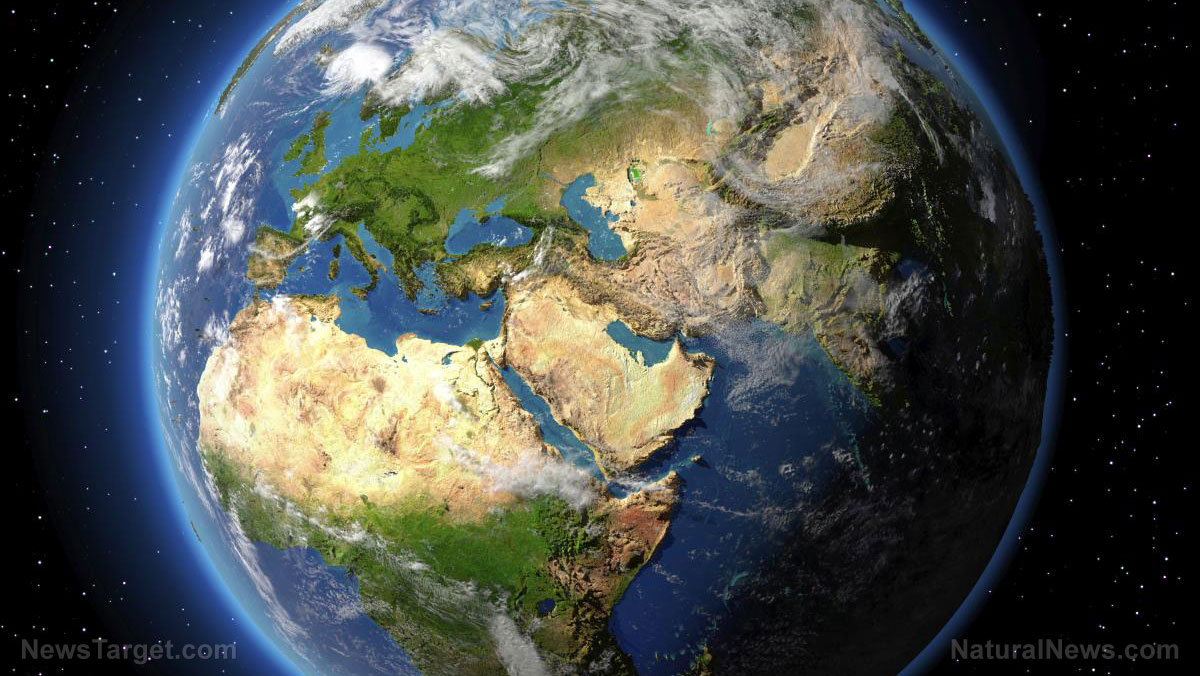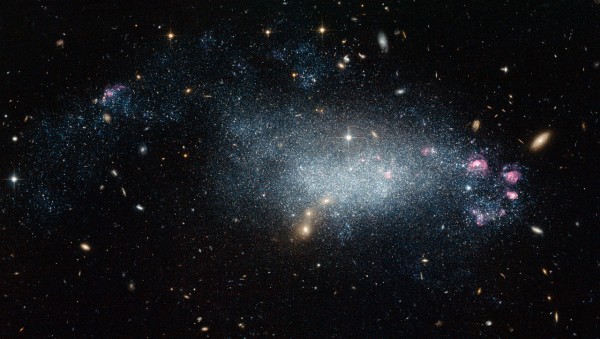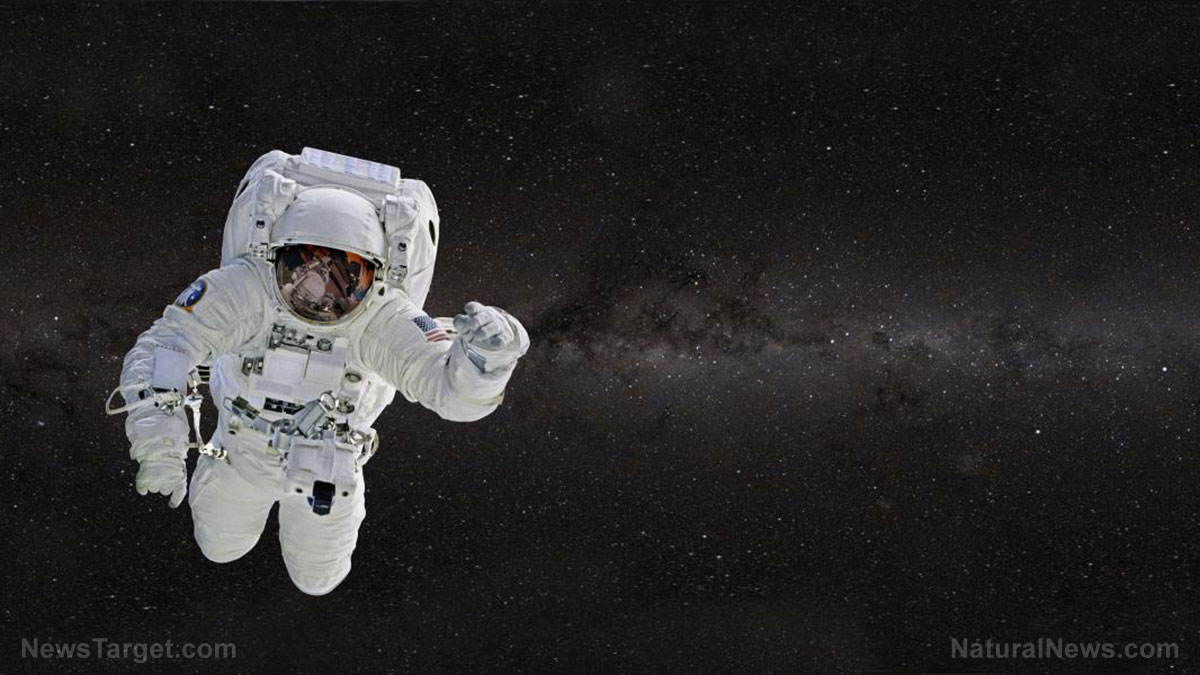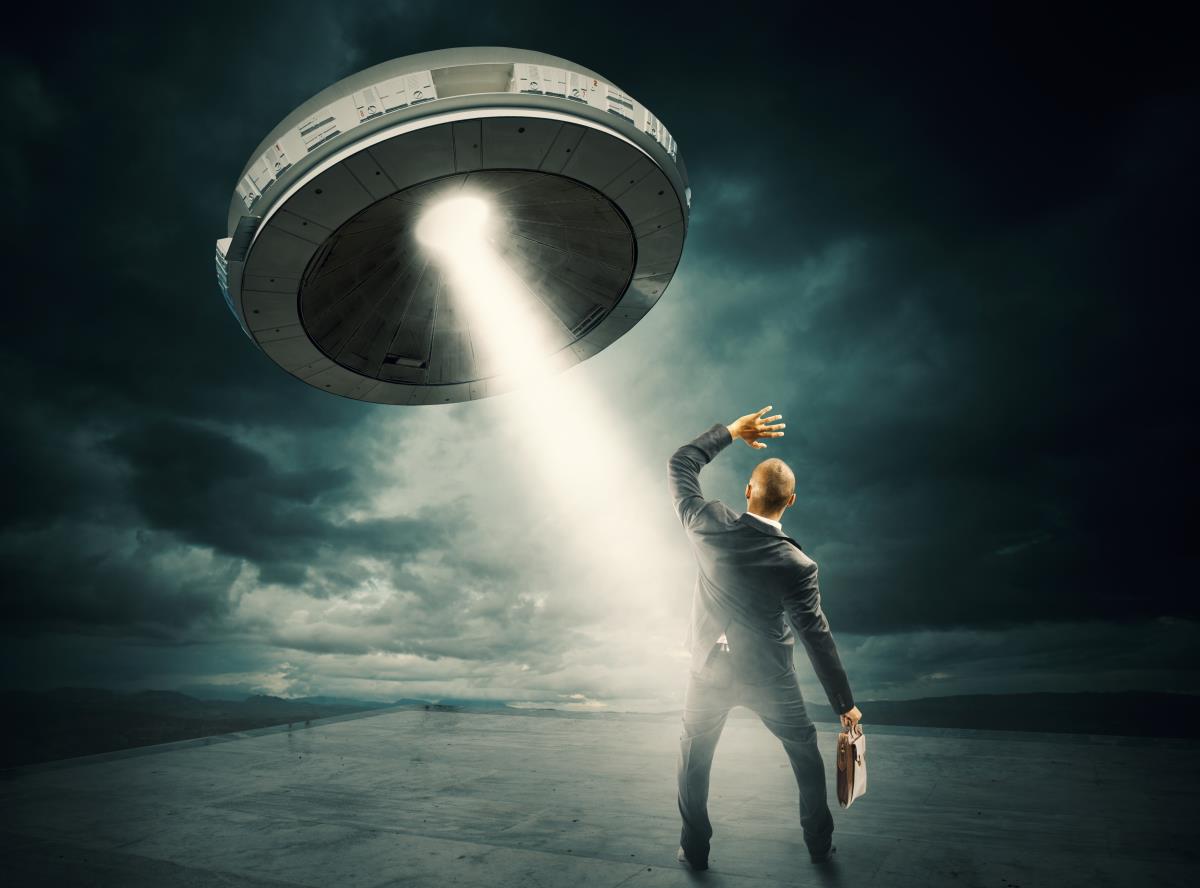Many astronauts say reading science fiction as children piqued their interest in space. Anna Lee Fisher couldn’t get through any of it; she hated reading books without a strong female protagonist. But even though she couldn’t see herself as an astronaut, Fisher dreamed of space.
Article by Alex Ronan
Fisher was one of six women selected for NASA astronaut training in 1978; they became the first female astronauts in the organization’s history. A few years later, while Fisher was eight and a half months pregnant, NASA tapped her for a mission aboard the space shuttle Discovery. Fisher became the first mother in space in 1984, leaving Earth for eight days when her daughter was 9 months old. Since then, she’s worked on three major missions and still works for NASA.
The Cut talked to Fisher about her journey to space at a time when the country was “on the cusp of a major societal change” regarding women and work. She talked about what it was like to be one of the first female astronauts at NASA and the controversy surrounding her decision to board the shuttle, and offered advice for young women who want to go to Mars.
When did your interest in space start?
I was probably 12 when Al Shepard went to space. Our P.E. teacher had a transistor radio and we were all standing around listening. I remember listening to that thinking, Oh, I want to do that. But it didn’t seem like a very realistic goal.
As I got older and started to make what I would call realistic career choices, my interests slowly evolved from math to chemistry to medicine. I was doing my surgical internship when my then-fiancé (now husband) paged me over the hospital paging system. NASA was accepting applications for the shuttle program, so we both applied. I don’t know if you have any doctors in your family, but when you are doing your internship all you do is work and try to eat and that’s it. But I got my application in the day before the deadline.
Then what happened?
That was June of 1977. In August I suddenly found myself going to the biggest interview of my life. It was horribly humid in Houston and I was wearing this green velour one-piece jumpsuit with platforms—
—To your NASA interview?
[Laughs.] I don’t know what I was thinking. Everyone else was in suits and ties! Years later my daughter was visiting and she tried it on. It actually looked really good on her. She went on Facebook and wrote, “This is what my mom wore to the most important interview of her life. Can you believe it?” But hey, it worked.
Your NASA class, 1978, had the first six female astronauts in NASA history. What was that like?
Having been pretty much the only woman most of the time, or one of less than a handful in my math and chemistry classes, I was used to it. The senior class when I entered medical school had about three or four women. The next class had a few more, the next class had a few more than that, and then ours was around 10 percent female. You could see you were on the cusp of a major societal change.
When I came to NASA, they had already made the commitment to take women, and they also made the commitment to make us feel welcome and to help us succeed. They weren’t looking at trying to see if we would fail. There was camaraderie between us, but I think we all felt the pressure to conform. I tried to be one of the guys. I remember Sally [Ride] and I went shopping at the mall to look for khaki pants and shirts just like the guys wore. We weren’t a particularly girly group, but one of my first jobs, actually, was to determine what female astronauts would get in their hygiene kit.
What ended up going into the kit?
I think we put in some mascara, and at the time I was a big user of Nivea cream, so since I was doing it, I made sure I got my Nivea cream onboard. Then it was toothpaste, toothbrush, and other boring stuff. I remember when someone came back they were complaining about the Nivea cream, saying it was too greasy, and I just looked the other way.
One of the other really funny stories I heard was when Sally Ride was getting ready to fly in the ’80s, they had to go to what’s called a bench review, when you go over all the equipment that was going to be flown on the shuttle. When she opened this one kit, there were hundreds of tampons. It was obviously packaged by a guy. Most women going into outer space chose to suppress their periods with birth-control pills, but even if you didn’t, you certainly wouldn’t need hundreds of tampons for two weeks in space.
Were there things that had to be specifically altered for female astronauts?
Urine containment was probably the biggest thing. In fact, you know the diapers that babies wear now that are so absorbent? That was developed by this chemist who worked in our life-sciences division for the female astronauts. We had to test those. When you spent years learning how to not go to the bathroom in your clothes, it’s really a lot harder than you might think. Some of my funniest memories are trying to make myself use those diapers.
Can you talk about getting selected for your mission?
I was eight and a half months pregnant with my first daughter. My husband became an astronaut the year after me, and so when I got selected, our boss called us both into his office. He said they wanted to put me onto this flight, and how did we feel since I was having a baby? Of course I’m not going to say no.
I delivered Kristen about two weeks later, on a Friday. The following Monday I showed up for the weekly astronauts meeting. I felt like I was making a statement that yes, I had a baby, but I’m here and I’m going to do my job. I never took a formal leave of absence. My schedulers tried to bunch all my training onto one or two days a week, and then I would have some days off for the first four to six weeks.
Was there was any sort of blowback about having such a young baby and going to space?
There was a little bit of that, but not too much. That said, maybe they filtered out people that were going to ask those kind of questions. Afterward, I do remember somebody from Europe asked me how being the arm operator on my flight helped me be a better mom. I was really stumped by that question.
The assumption being that it would make you better at changing diapers or something like that?
I guess so. A few years ago, that famous photo Scott Bryson took of me was on the front page of Reddit, not that I had any clue what Reddit was. When I went to check it out, it turns out there was this whole discussion about whether I did the right thing going into space with such a young child. I found it really strange that people are still having these conversations and questioning that decision 25 years later. For me, saying no wasn’t even something that I thought about. I knew there was risk, you cannot be involved in this business without knowing that. I took steps, though. I did take a lot of video just in case something happened to me so that she would know who I was.
What was your favorite part of being in space?
We were so busy, we were working 16-hour days in a really focused manner. But once we said good night to mission control we all found a little window and usually just spent an hour before we went to sleep looking out the window. That was probably my favorite time of day. The beauty of the planet and the grandeur of the ocean and the colors were amazing. Being weightless was pretty fun too.
What has your career at NASA been like since your mission?
I was assigned to my second flight soon after returning to Earth and I was really excited about that. I wanted to have one more child, but I wasn’t sure how that was all going to work out. Then the Challenger accident happened, and everything changed. Because I knew we were going to be on the ground at least two years, my husband and I decided to have our second child. I found juggling two children to be way more difficult than one, and the logistics were a bit more complex. I took a year leave of absence, planning on it just being a year, and each year I would come back and talk to my boss. I would just say, “I really need another year.” I wound up taking a seven-year leave of absence, which no one had ever really done before.
I’m impressed NASA let you take so much time off and then come back.
It was definitely rare. I think the reason I was allowed to do that was my boss at the time, George Abbey, wound up raising his own five children pretty much by himself. He was a much more sympathetic boss because he understood how hard it is to raise kids.
Was it difficult to come back after being gone for seven years?When I finally came back in ‘96, it was probably one of the hardest things I’ve ever done. The technology changes drastically in seven years. The first thing they did when I returned was give me a computer. I’m thinking, What do I do with this?
It was really like starting over. But ‘96 was the beginning of the station program, and all of the people who were here at the beginning of the shuttle program had left. I think a lot of people had very unrealistic expectations of what it’s like at the beginning of a program, but I’d gone through all that before. Long story short, I was made chief of the space station branch within the office. Now what I’m doing is working on the Orion vehicle. This is my third major program.
Are people really going to go to Mars in our lifetime?
Yes, I think we are definitely going to Mars. It’s just going to take a while. I think we’ll go back to the moon, build a base, and then use the moon as the platform to go to Mars. I fully believe we could make it to Mars in 10, 15 years. To do that would require an all-out full-court press, and I’m not sure that’ll happen. More realistically, humans will probably get to Mars somewhere on the order of 25 to 30 years.
Finally, what advice would you give young women who want to go to Mars?
I always say that if you want to maximize your chances to go to Mars being a doctor is probably good, because you know that they are going to send at least one doctor, maybe two. Then they are probably going to send a geologist, so that’s a different track you could try. Basically, just put yourself in a position to be ready.
This interview has been edited and condensed.
Read more at: nymag.com






